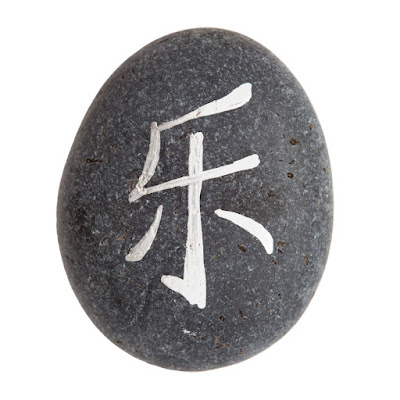In Mandarin Chinese, 安 (Pinyin: ān 🔊) has many meanings but most of them are related to the concepts of peace and security. It could be an adjective meaning “calm”, “peaceful”, “tranquil”, “quiet”, “comfortable”, “safe”, “secure”, or a verb for “to calm”, “to be content with”, “to place”, “to find a place for”, “to fit”, “to set up”, “to bring”, “to cherish”, “to harbour”. In physics, 安 is short for 安培 (ānpéi), “ampere”.
Lawrence J. Howell writes in his Etymological Dictionary of Han/Chinese Characters:
宀 roof/building + 女 woman → woman resting/at ease indoors → be at ease/peace → cheap; inexpensive (← cheap enough to be purchased with ease).
The meaning “cheap”, however, is specific for Japanese, where the word 女 (あん; an) has an additional sense in chemistry for “ammonium”. Also, according to Ponte Ryūrui,
The modern form of the hiragana character あ comes from the cursive form of the kanji 安.
Back to Chinese — many compounds of 安 include
- 安 + 心 = 安心 (ānxīn 🔊): (to be) relieved or at ease
- 安 + 好 = 安好 (ānhǎo): safe and sound
- 公 + 安 = 公安 (gōng'ān): public security (officer); police (officer)
- 天 + 安 + 门 = 天安门 (Tiān'ānmén): Tiananmen, “Gate of Heavenly Peace”.
More photos related to calmness, calligraphy and sea glass @ Shutterstock.







